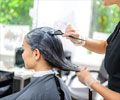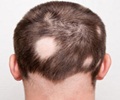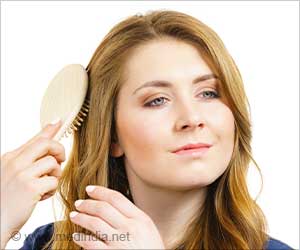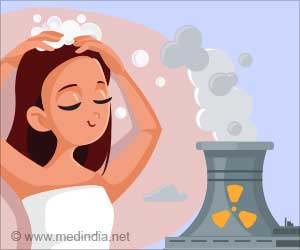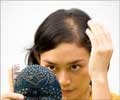A new study shows how prevalent it is for young Black girls to have negative experiences related to their hair.
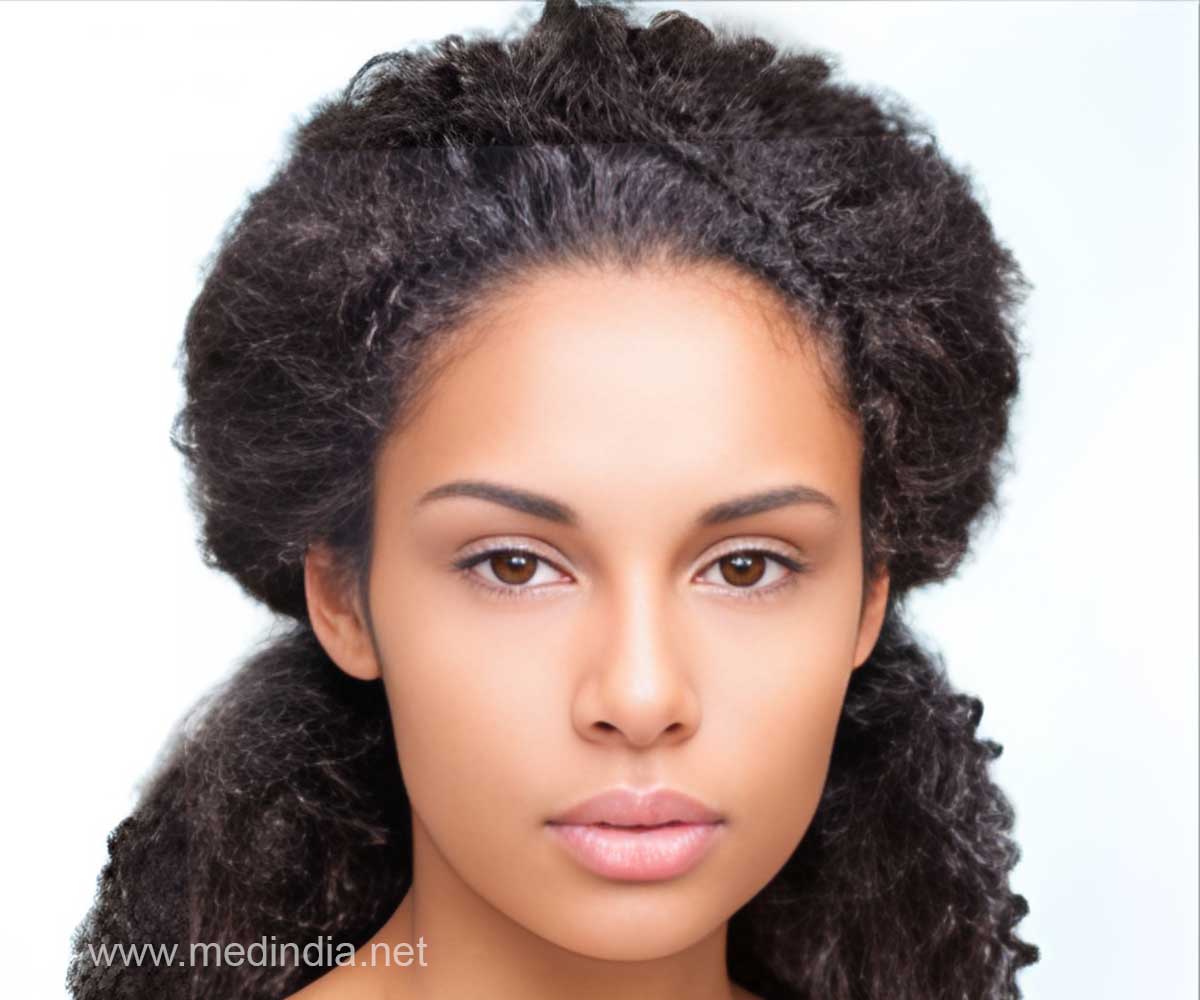
‘The perception of black girls about their hair was impacted both by negative comments and by the absence of positive statements.’





These experiences are a form of stereotyping that can occur among youth related to hair, however, there is very little existing literature documenting the hair-related experiences of Black youth. Researchers are trying to make sure their voices are heard.
Discriminating Black Youth with their Hair
This study was motivated by recent examples of Black youth being suspended from school, threatened with punishment, or not permitted to participate in extracurricular activities because of their hair.These situations and other examples of regulating people, including adults, based on the appearance of their hair have inspired advocacy from nongovernmental organizations and corporations alike to expand protection against discrimination in schools and the workplace to include hair differences.
Hair is such an integral part of who we are: it serves as an extension of our identities and how we present ourselves to the world.
Being told that how you express yourself is wrong or having to fit that expression into limited standards of what is deemed appropriate can come with shame and can lead to internal conflicts such as depression or low self-esteem.
Defining Good Hair in Black Girl’s View
The research team worked with community organizations to recruit participants. In total, the study included 105 girls aged 10 to 15 years old who identified as Black or African American.The girls answered a series of open-ended questions about satisfaction with their natural hair, social comparisons of hair, bullying or teasing because of their hair, and pressure to wear their hair a certain way.
Advertisement
The most common response to the question about where the criteria for good or bad hair comes from was how the media portrays Black models and celebrities with hair that has been chemically altered to be straight or wavy. The second most common response was receiving negative feedback about natural Black hair at school.
Advertisement
The prevalence of verbal teasing or bullying was dwarfed by touching girls’ hair without permission. Touching of hair without permission was reported by 78% of 10-year-olds, 50% of 11-year-olds, 81% of 12-year-olds, 65% of 13-year-olds, and 70% of 14-year-olds.
Having an understanding of what Black kids go through is important, even for something that might seem trivial like hair. This study shows different types of discrimination and microaggressions that young kids might go through that are not recognized by others because people think it’s just hair.
Source-Medindia

